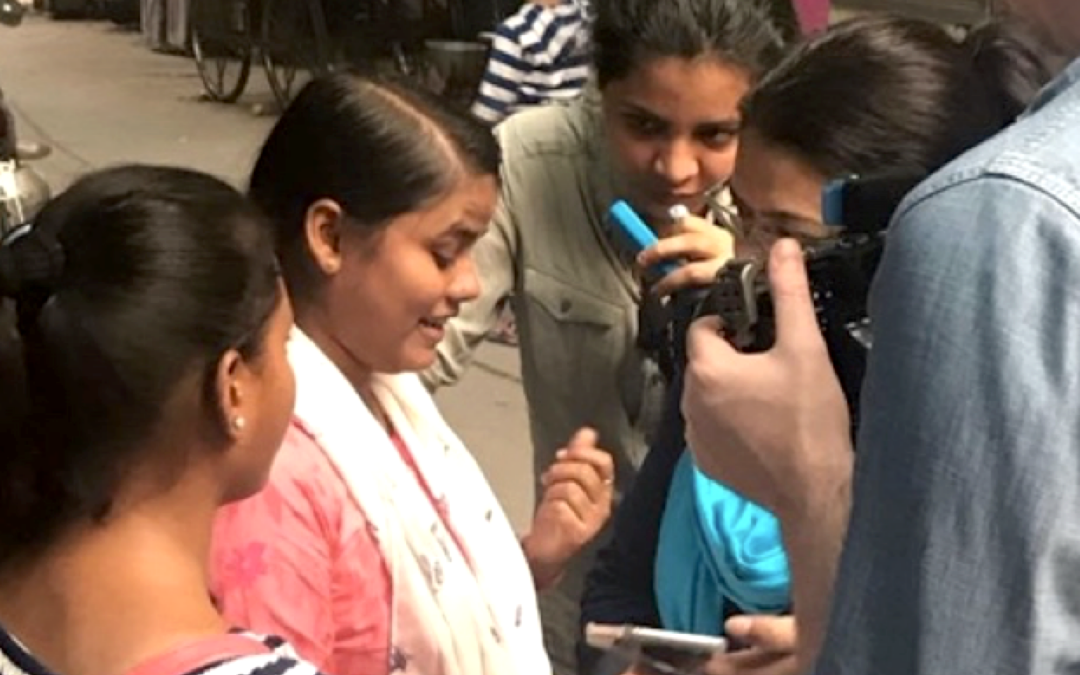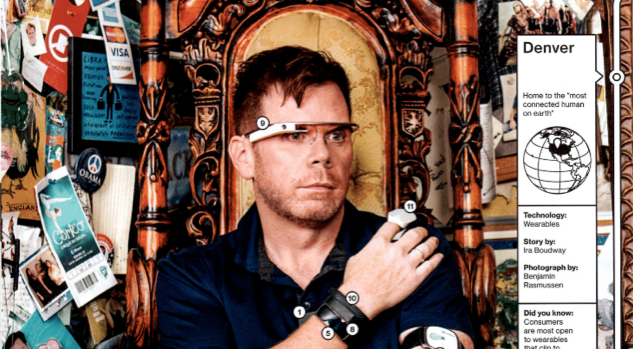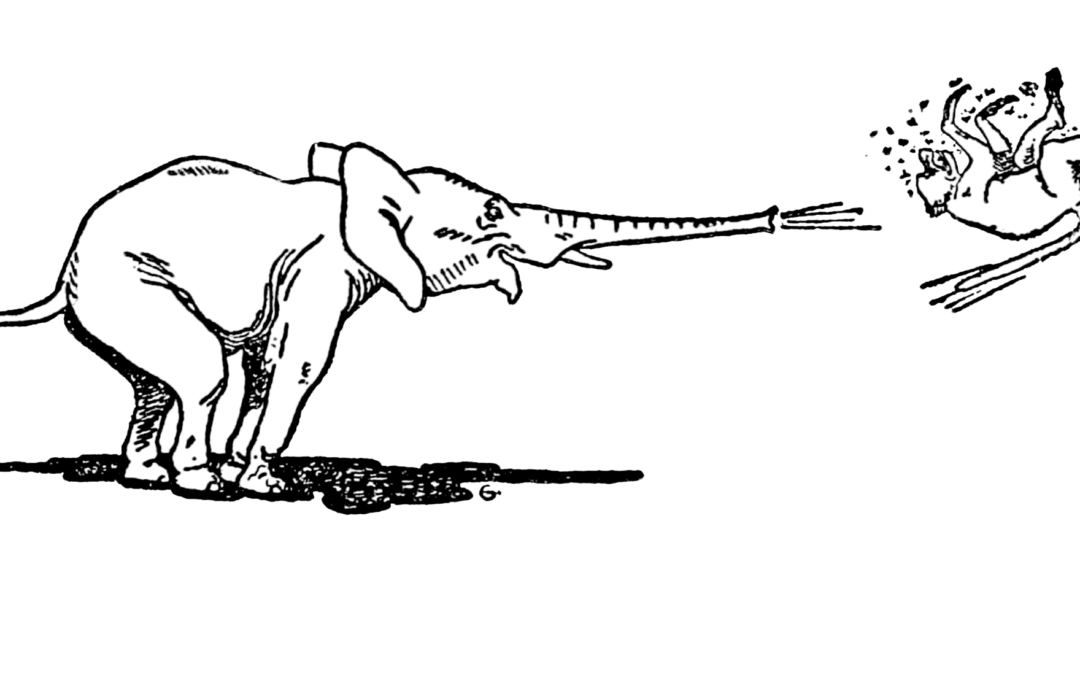People love the idea of culture. Finding out what makes France French, Spain Spanish or Denmark Danish is why we travel. We see culture as a manifestation of the greatest human achievements – we flock to art galleries and read the latest Booker Prize–winning novel. But if we’re so naturally...










